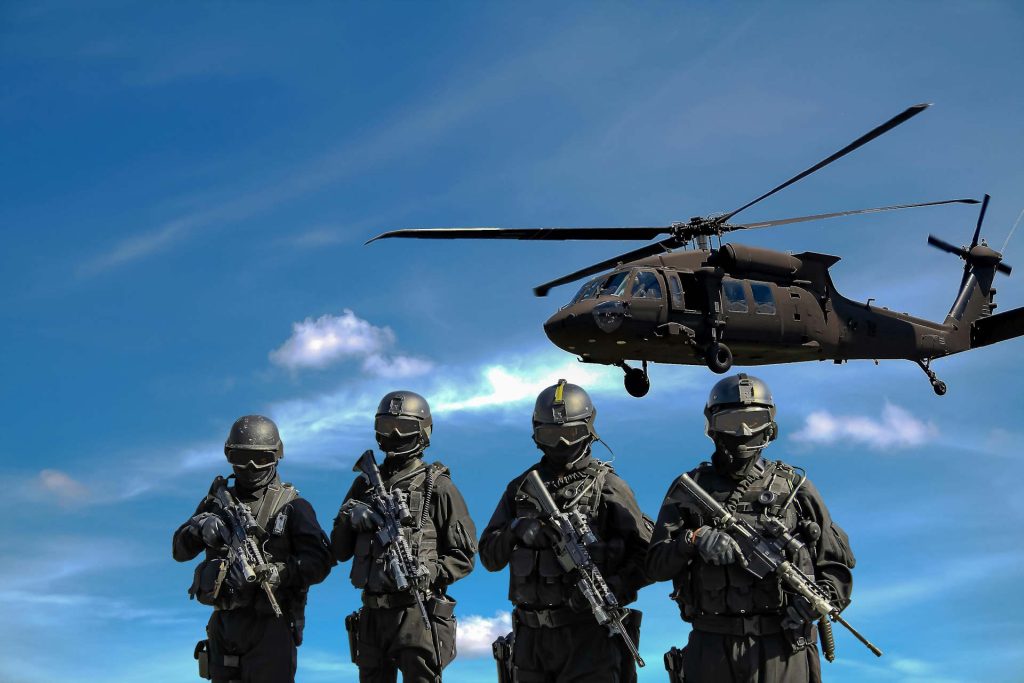Accusations that military organizations and defense departments fail to protect their own soldiers have surfaced in various countries, with concerns spanning physical, psychological, and legal protections for service members. Critics argue that despite the primary function of these institutions being national defense and security, the well-being of soldiers is often overlooked or mishandled, leading to severe consequences for individuals who serve.
In some cases, soldiers have reported being sent into dangerous environments with inadequate equipment, outdated technology, or insufficient support. For example, reports of shortages in body armor, medical supplies, and transportation vehicles have raised concerns about whether enough is being done to ensure that soldiers are prepared and protected on the battlefield.
Mental health issues among military personnel, including PTSD, depression, and anxiety, are increasingly acknowledged. However, accusations persist that the military fails to provide sufficient psychological support, both during and after service. Reports suggest that soldiers often struggle to access necessary mental health services or face stigma within their ranks when they seek help. This neglect is linked to high rates of suicide and homelessness among veterans in some countries.
Military organizations globally have faced criticism for their handling of sexual harassment and assault cases. Victims often report fear of retaliation or dismissal when bringing complaints forward, as well as insufficient support in dealing with trauma. Investigations in multiple countries have revealed a systemic lack of transparency and accountability, creating an environment where harassment may go unchecked.
Legal protections for soldiers can be limited in certain military justice systems, where military law differs significantly from civilian law. Soldiers may face restrictions on their freedom to speak out or protest, and whistleblowers reporting unethical behavior can face career-ending consequences. Furthermore, soldiers injured or disabled in service sometimes encounter bureaucratic obstacles when claiming benefits, pensions, or healthcare.
Reports of toxic leadership, bullying, and abuse of power within military hierarchies have also surfaced. Soldiers have spoken out about how entrenched power dynamics can foster environments where mistreatment goes unchallenged, with junior personnel often lacking avenues to report abuse without fear of reprisal.
In response to these criticisms, some defense departments have launched reforms aimed at improving transparency, enhancing support for mental health, increasing accountability in cases of harassment, and providing better equipment. However, many argue that these steps are often insufficient and lack enforcement. Addressing these accusations comprehensively requires ongoing commitment from military and political leadership to foster a culture that values soldier welfare as a cornerstone of national defense.
The debate surrounding the treatment of soldiers reflects broader questions about the role of military institutions, the ethics of service, and society’s responsibility toward those who risk their lives in defense of their nations.

